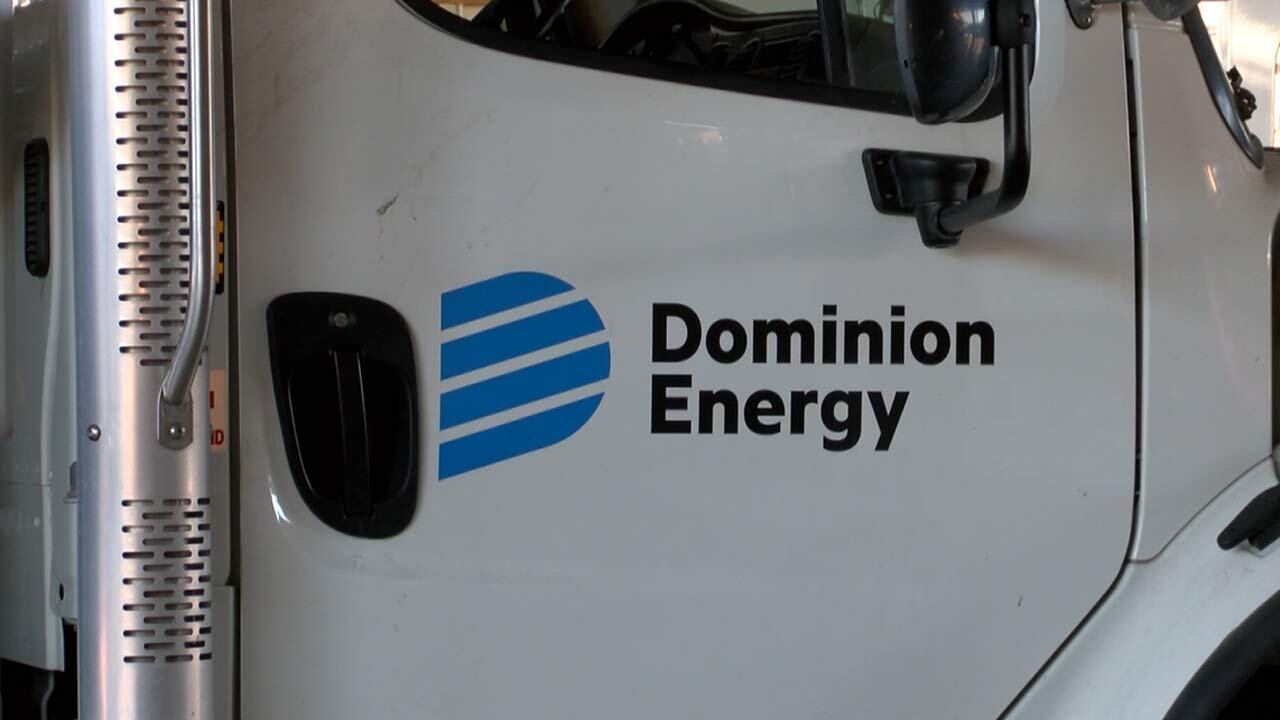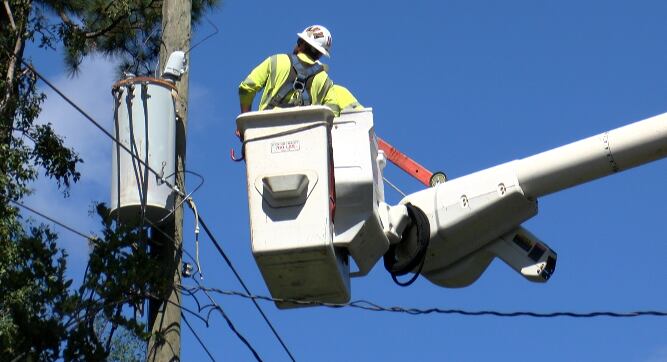Will South Carolina start seeing more buried power lines after Helene?
COLUMBIA, S.C. (WRDW/WAGT) - For many South Carolinians, it took days – or even longer – to get the lights back on after Hurricane Helene.
Power lines and poles snapped across much of the state, leaving more than a million South Carolina homes and businesses in the dark.
Now many wonder whether the devastation from the storm will prompt more above-ground power lines to be buried.
“It would be a good investment if you can get somebody to pay for it, but money’s not free,” said Bob Paulling, CEO of Mid-Carolina Electric Cooperative, one of the state’s 18 co-ops, which collectively provide power to about a third of South Carolinians.
S.C. small businesses getting some relief from Dominion Energy
Pay assistance program will continue for a month, helping small businesses that are struggling with bills.

He says the cost of burying power lines can be 10 to 15 times more expensive than installing above-ground lines.
Just for Mid-Carolina, he says that could easily be about a $2 billion price tag – and a third of its lines are already below the ground.
“To put all the power lines underground just in case another major hurricane comes in the next hundred years would be a really, really, really interesting business decision to make,” he said.
State House leaders have pledged to put South Carolina’s recovery from Helene at the top of their priorities when they return to the State House in January.
But based on early conversations, their focus isn’t on the state’s role in burying power lines.
‘I really do love my job’: Ga. lineman dies after equipment failure
A lineman working in Georgia died after an equipment failure, according to the police department. Another was seriously injured.

“Obviously we will come back and look at issues and how we can mitigate some of these disasters. But one thing that we know about burying power lines is it’s very, very expensive,” said Rep. Murrell Smith, House speaker.
Senate President Thomas Alexander said:
“There have been some issues, even with this storm in some areas, where they have buried power lines, so it’s not a one-size-solves-that-issue, so I think we just have to have more evaluation.”
In the immediate aftermath of Helene, Gov. Henry McMaster told reporters he believed the government could have a role in this work – but not in Columbia.
Here's what it takes to bring the power back on after a storm
Jonathan Dean understands the power of having power. Now, Dean works as a technical training instructor at Georgia Power, teaching others how to be linemen.

“That would be a good federal project,” he said. “But they’re expensive, but we wouldn’t have some of the problems we have now if we had more in certain places, and of course, that would save us a lot of these expenses. But there are a lot of discussions. Every time we have something like this, we learn things that we can do a little bit better.”
Smith noted that utilities would along costs to ratepayers, so he agreed it would be a “great federal issue for them to engage in.”
Paulling also says underground power lines aren’t a silver bullet for outages either – particularly with so much of the state prone to flooding.
He says in general – while it takes more effort to knock out power to underground lines than above-ground lines – it also takes longer to restore it.
Copyright 2024 WRDW/WAGT. All rights reserved.














